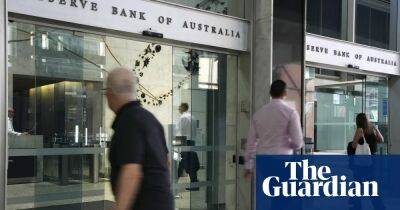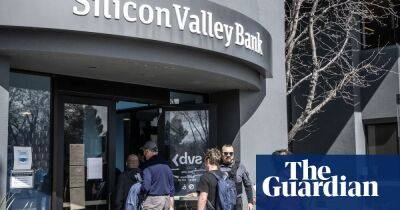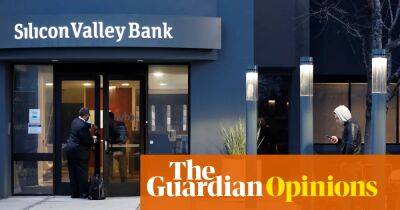The US central bank is poised to cause untold hardship to millions of Americans
A s chairman of the Federal Reserve board, Jerome Powell is making his semi-annual policy report to Congress this week. I have an urgent question for Powell that I hope members of Congress will also ask: how can he justify further rate hikes in light of America’s staggering inequality?
Powell and his colleagues on the Fed’s open market committee are considering pushing interest rates much higher in their quest to get inflation down to their target of 2%. They believe higher interest rates will reduce consumer spending and slow the economy.
With all due respect, this is unnecessary – and unjust.
Over the past year, the Fed raised interest rates at the fastest pace since the 1980s, from near zero to more than 4.5%. But consumer spending isn’t slowing. It fell slightly in November and December but jumped 1.8% in January, even faster than inflation.
As a result, Powell is now saying he may need to lift rates above 5%. A recent paper by a group of academic and Wall Street economists suggests that he will need to raise interest rates as high as 6.5% to meet his 2% target.
This would worsen America’s already staggering inequalities.
You see, the Americans who are doing most of the spending are not the ones who will be hit hardest by the rate increases. The biggest spenders are in the top fifth of the income ladder. The biggest losers will be in the bottom fifth.
Widening inequality has given the richest fifth a lot of room to keep spending. Even before the pandemic, they were doing far better than most other Americans.
The top fifth’s savings are still much higher than they were before the pandemic, so they can continue their spending spree almost regardless of how high the Fed yanks up rates.
That spending is a big reason Powell and
Read more on theguardian.com

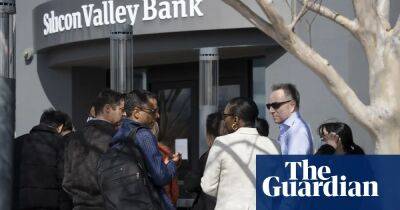
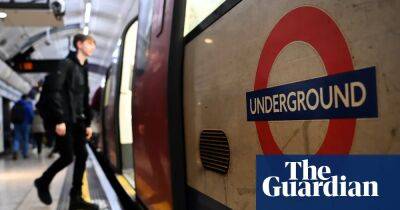

![Bitcoin [BTC] may look poised to hit $25K, but here’s the ‘but’ of it all - ambcrypto.com - city Santiment](https://finance-news.co/storage/thumbs_400/img/2023/3/14/59793_tvhmx.jpg)
